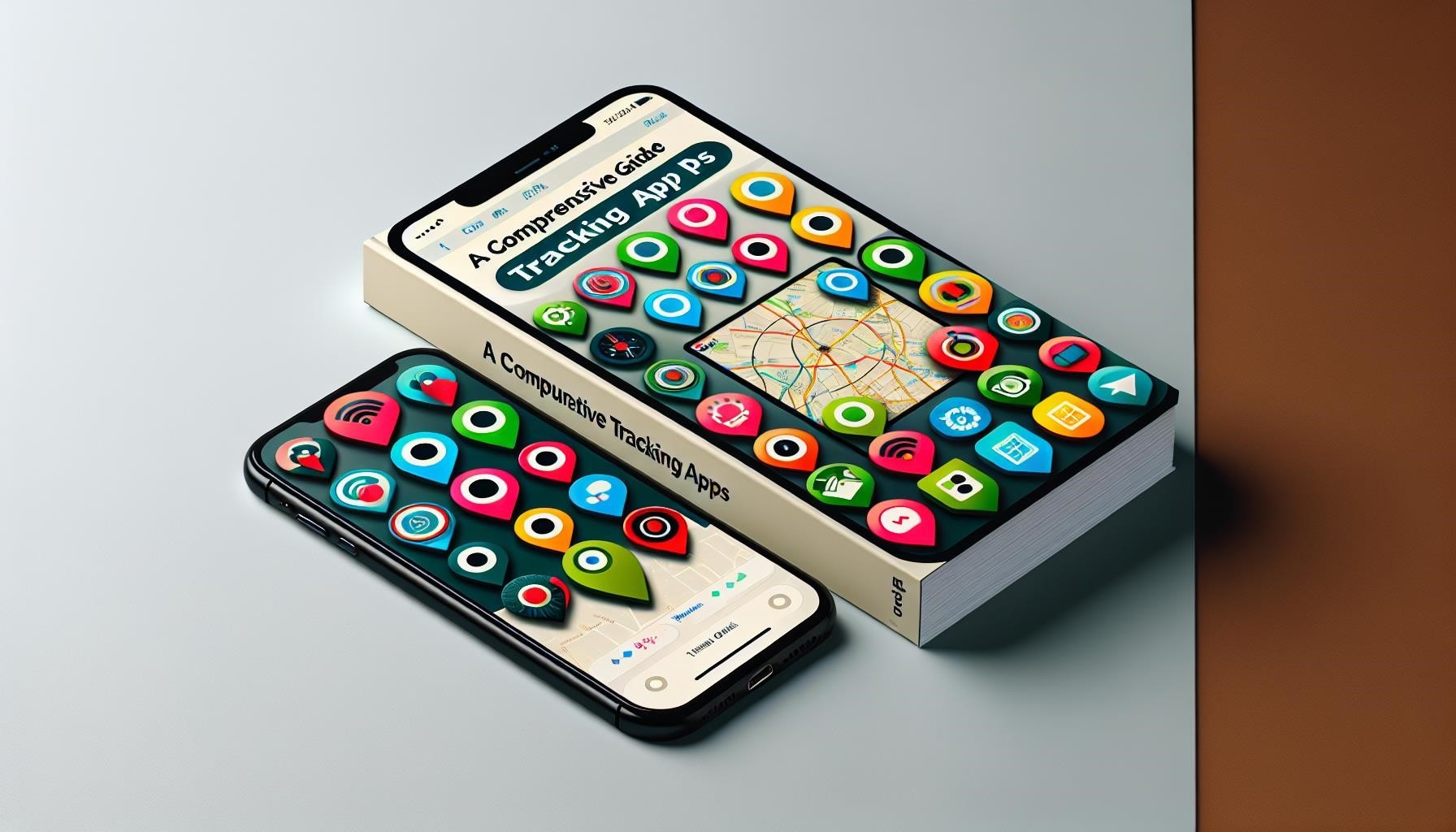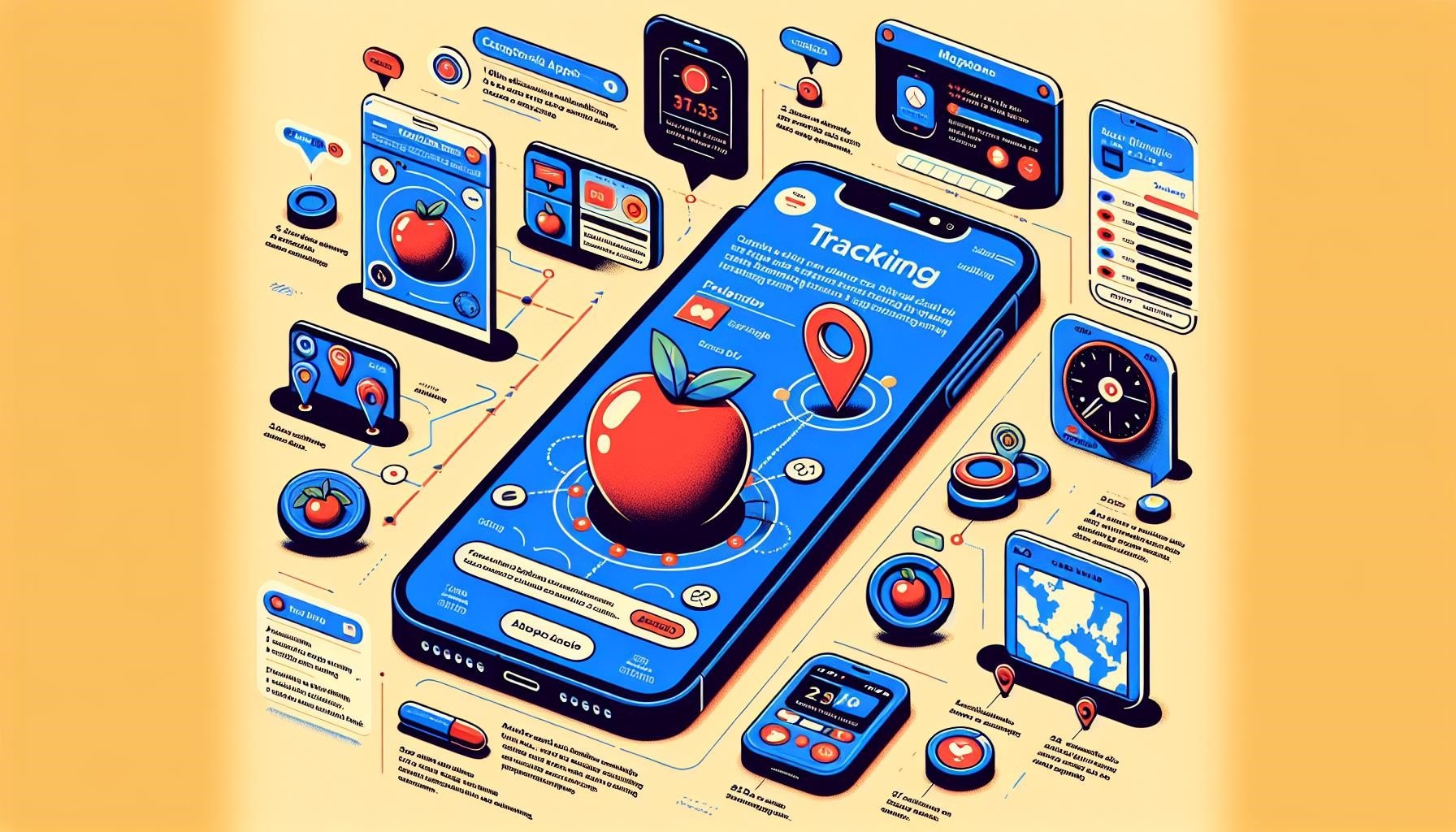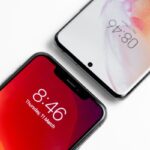Introduction to Tracking Apps
Tracking apps for iPhones have become increasingly popular due to their ability to monitor the location and activities of the device without the user’s knowledge. These apps serve various purposes, from parental control to ensuring the safety of a loved one. Understanding the features, privacy considerations, and legal implications of such apps is crucial for responsible use.
Understanding the Need for Tracking Apps
Tracking apps address the need for safeguarding loved ones, especially minors or individuals in vulnerable situations. They provide a way for parents to ensure the safety of their children and for caregivers to monitor the well-being of elderly family members. Additionally, tracking apps can help in recovering lost or stolen devices, making them valuable tools in various scenarios.
Popular Uses of Tracking Apps
Tracking apps are commonly used for parental monitoring, ensuring the safety of children and teenagers. They are also utilized by employers to track the location and activities of company-issued devices. Additionally, tracking apps are popular among individuals for safeguarding personal devices and ensuring the safety of family members, especially in emergency situations.
Privacy and Legal Considerations
When using tracking apps for iPhones, it is essential to consider the privacy implications and legal obligations. These apps often have access to sensitive personal information, raising concerns about data protection and informed consent. Moreover, there are legal considerations related to the use of tracking apps, especially when it comes to tracking someone without their knowledge or consent.
Discussion on Privacy Concerns
Privacy concerns arise when tracking someone’s iPhone without their knowledge, as it involves accessing their location and potentially other personal data. Users must consider the ethical implications of monitoring someone’s activities without consent. Additionally, complying with privacy laws and regulations is crucial to ensure the ethical and legal use of tracking apps, especially regarding data protection and user privacy.
Legal Implications of Tracking Someone’s iPhone
Tracking someone’s iPhone without their knowledge can raise legal concerns related to privacy laws, data protection regulations, and potential violations of individual rights. It is important to be aware of the legal implications of using tracking apps, especially in terms of consent, data collection, and adherence to relevant laws governing the monitoring of individuals’ activities and location without their explicit permission.

Overview of Tracking Apps for iPhone
Tracking apps for iPhones offer a range of features and capabilities, allowing users to monitor the device’s location, incoming and outgoing calls, text messages, and internet activity. These apps come in various types, including those designed for parental control, employee monitoring, and personal device security. Understanding the functionalities and types of tracking apps available is essential for informed and responsible usage.
Features and Capabilities of Tracking Apps
Tracking apps for iPhones offer a wide array of features, including real-time location tracking, geofencing, monitoring of calls and messages, and remote device locking or wiping in case of loss or theft. These apps also provide detailed activity logs and alerts for specific actions or locations, contributing to comprehensive and discreet monitoring capabilities for various purposes.
Types of Tracking Apps Available
There are different types of tracking apps available for iPhones, catering to varying needs such as parental monitoring, employee tracking for business purposes, and personal device security. Some apps focus on location tracking and geofencing, while others offer comprehensive monitoring of calls, messages, and internet activity. Understanding the types of tracking apps helps users choose the most suitable one for their specific requirements.
How to Track an iPhone without Them Knowing
Tracking an iPhone without the user’s knowledge involves using a tracking app with stealth capabilities. It requires careful installation and configuration to ensure discreet operation. Users need to follow a step-by-step guide for setting up the app and enabling stealth mode to avoid alerting the device owner. Ensuring discretion is essential to ethically and responsibly track an iPhone without the user’s knowledge.
Step-by-Step Guide to Using a Tracking App
Using a tracking app to monitor an iPhone without the user’s knowledge requires careful steps for installation, setup, and enabling stealth mode. The process typically involves downloading the app from a trusted source, configuring the settings for discreet operation, and ensuring that the app’s presence on the device remains hidden. Following each step meticulously is essential for covert monitoring.
Ensuring Stealth and Discretion
Ensuring stealth and discretion when tracking an iPhone without the user’s knowledge is crucial for ethical and responsible monitoring. This involves setting up the tracking app to operate covertly without alerting the device owner. Additionally, regularly checking and updating the app to maintain its stealth capabilities is important to ensure that the monitoring remains discreet and the user remains unaware of the tracking.

Risks and Ethical Considerations
Tracking an iPhone without the user’s knowledge poses potential risks such as infringing on privacy, violating laws, and damaging trust in personal relationships. Ethically, monitoring someone without their consent raises concerns about autonomy and respect. It is important to carefully consider these risks and ethical implications before deciding to track an iPhone without the individual’s knowledge, ensuring responsible and considerate use.
Potential Risks of Tracking Someone’s iPhone
There are potential risks associated with tracking someone’s iPhone without their knowledge, including breaching their privacy, violating laws, and causing trust issues. It can lead to legal consequences and damage personal relationships. Moreover, the misuse of tracking apps can infringe on the individual’s autonomy and feelings of respect. Understanding and mitigating these risks is essential for responsible usage.
Ethics of Tracking Someone without Their Knowledge
Tracking someone without their knowledge raises ethical concerns regarding respect for privacy, autonomy, and consent. It may violate the individual’s right to make informed choices about their personal information and activities. Additionally, it can lead to feelings of betrayal and lack of trust when discovered. Considering the ethical implications of monitoring someone without their consent is essential for conscientious and respectful behavior.
Alternatives to Tracking Apps
Alternative methods of location tracking, such as built-in iPhone features like Find My, allow for monitoring the device’s location without the need for third-party tracking apps. Additionally, communicating openly and building trust with the individual can establish an understanding regarding location sharing. Exploring these alternatives is beneficial for those seeking to track an iPhone while respecting the user’s awareness and consent.
Discussing Other Methods of Location Tracking
Other methods of location tracking include utilizing built-in features like Find My iPhone, which allows users to locate their device. Additionally, openly communicating with the individual to obtain consent for location sharing can be an effective alternative. Exploring these methods provides options for monitoring the device’s location while prioritizing openness, trust, and respect for the individual’s awareness.
Pros and Cons of Alternative Tracking Methods
Alternative tracking methods, such as built-in features and open communication, offer the benefit of respecting the individual’s awareness and consent. However, they may lack certain advanced features present in dedicated tracking apps. While they prioritize trust and transparency, they may not provide the same level of comprehensive monitoring. Understanding the pros and cons is vital for selecting the most suitable approach.
Final Thoughts on the Use of Tracking Apps
Tracking apps for iPhones can serve important purposes, but their use without the user’s knowledge raises significant ethical and legal concerns. It is crucial to carefully consider the implications of discreet monitoring and prioritize ethical behavior and adherence to relevant laws. Alternatives that prioritize transparency and consent should be explored before resorting to covert tracking methods.





Leave a Reply